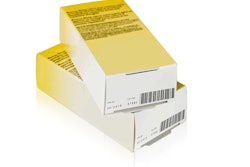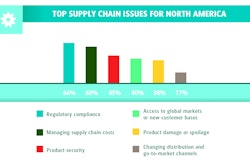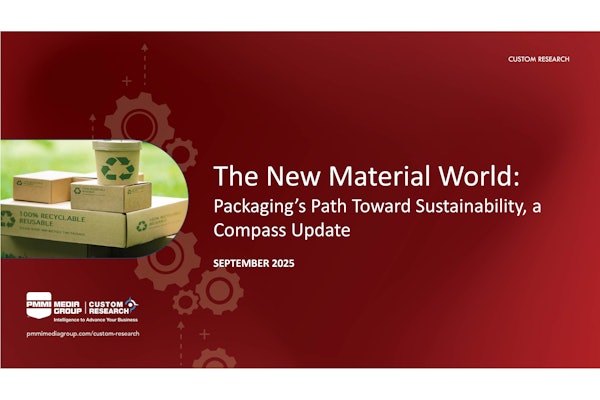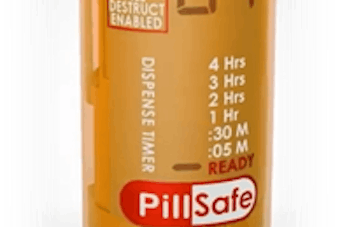This content was written and submitted by the supplier. It has only been modified to comply with this publication’s space and style.
The U.S. Pharmacopeial Convention (USP) is pleased to report that USAID has extended the Promoting the Quality of Medicines (PQM) program through September 2019. USP has been implementing the PQM program since 2009. The extension will enable the program to receive up to an additional US$ 75 million in funds for technical assistance to strengthen country medicines regulatory systems and help ensure the quality and safety of medicines that are essential to USAID’s priority health programs.
“The results of the first four years of the PQM program are palpable,” said Anthony Boni who leads PQM on USAID’s side through its Office of Health Systems in the Bureau for Global Health. “Liberia, for example, is a country that had no national medicines regulatory authority or systems to ensure the quality of medicines entering the country before PQM began providing technical assistance there. It now has a functional quality control laboratory that is leading the fight to prevent substandard medicines from reaching its population; in Cambodia, where PQM has been providing assistance in strengthening the medicines quality monitoring systems and developing public service announcements, we have seen a stark reduction in illegal pharmacies.”
Patrick Lukulay, Ph.D., USP Vice President for Global Health Impact Programs will continue to serve as PQM’s director.
According to the World Health Organization (WHO), substandard and counterfeit medicines constitute a $431 billion market annually, representing a 300 percent increase over the last decade. A 2009 study by the International Policy Network found that an estimated 700,000 people are killed annually due to substandard medicines for tuberculosis (TB) and malaria alone. Various factors contribute to the increased availability of substandard and counterfeit medicines, including the rapid globalization of trade and the vast expansion of treatment programs. Unfortunately, this growth and complexity have not been accompanied by a corresponding increase in the capacity of medicines regulatory authorities to effectively and efficiently carry out their mandate to protect public health.
The extension of the PQM program builds on the work of USAID and USP over the past decade. The focus of the program remains the same: to strengthen national medicines quality assurance systems; increase the supply of quality-assured medicines of direct relevance to USAID health programs; combat the availability of substandard and counterfeit medicines; and provide technical leadership and global advocacy regarding the importance of medicines quality assurance, including promoting “south-to-south” collaboration and exchange of information and expertise among countries facing similar challenges and constraints.
In collaboration with national counterparts, PQM has worked to support country ownership and sustainability through quality assurance systems improvements in more than 35 countries in the past four years. PQM also promotes the introduction of new technologies to support medicines quality monitoring in low-resource settings, including supporting the development of PharmaCheck in partnership with Boston University. PharmaCheck is a portable screening tool that promises to revolutionize the way substandard and falsified drugs are screened at multiple levels of county health systems, thereby detecting them before they reach patients.
“We hope that this next phase of PQM provides the countries with which we have been working the ability to take full ownership of their medicines quality assurance programs,” said Roger L. Williams, M.D., USP’s CEO. “We also look forward to expanding the program to other countries. Tackling this problem is extremely important for USP as a global health organization and the only way to have some impact is handling the problem in a global way.”
For more information about the program, please contact [email protected].
For more information about USAID, please visit www.usaid.gov.






















